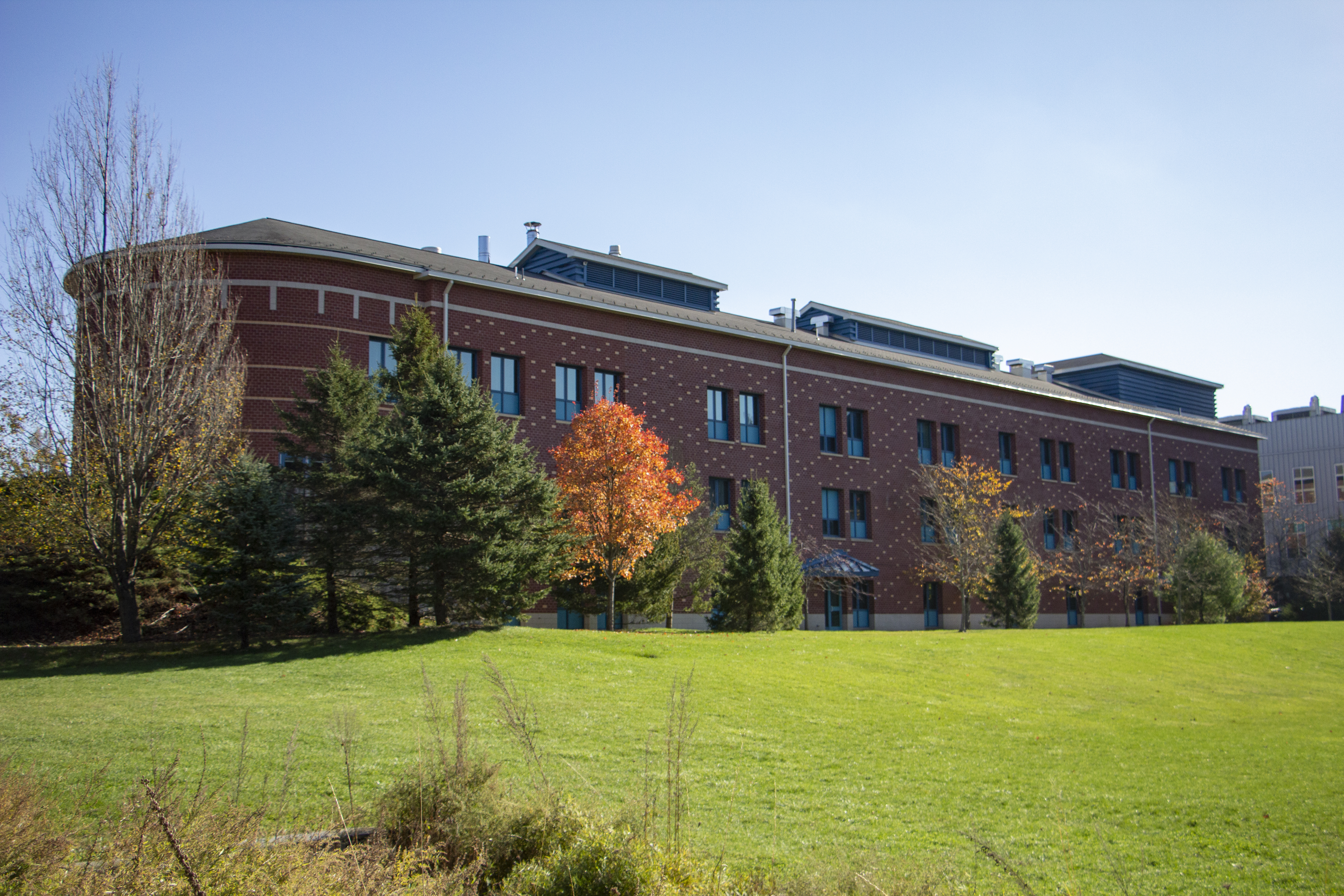The marine affairs program is celebrating its 50th year at the University. Photo by Greg Clark.
Founded in 1970, the marine affairs program has been a staple in the University’s prowess for ocean-related education for the past 50 years.
According to the department of marine affairs website, “The University of Rhode Island was the first academic institution worldwide to establish a graduate program in ocean and coastal policy, management and law.”
The program all started when President Lyndon B. Johnson created the Stratton Commission in 1966. John Knauss, the first dean of URI’s Graduate School of Oceanography, and Lewis Alexander, the founder of URI’s geography department, were selected to be on the department’s board.
Three years later the commission issued a report titled “Our Nation and the Sea.” The report addressed many issues regarding the ocean, such as fisheries, mineral exploitation and scientific marine research.
The report also led to the creation of the National Oceanic and Atmospheric Administration (NOAA) and set the stage for the passing of many conservation laws in Congress.
After being on the Stratton Commission, Knauss and Alexander saw not only a need for more scientific research but also research on the social complexities of the ocean. As a result, in 1969 a master’s degree program for marine affairs was created.
This one-year program was created for people who already had experience in the field, drawing from government agencies as well as the Navy and Coast Guard. Housed in the geography department, the master’s program steadily grew in faculty and students.
Eventually, new programs were added and the master’s degree became apart of the department of marine affairs. In 1977, a two-year master of arts in marine affairs was created for students with little field experience. Then, in the 1980s, both a bachelor of arts or science degree was added to the department.
The program has evolved in numerous ways over the years, and no one has been a part of that evolution quite like professor Dennis Nixon. Nixon started the program in 1975 for what he thought was one year, to get his master’s degree. But now, 43 years later, he has made a career out of it. What started as a one-year hitch to fill in for faculty members led to a lifelong passion.
“Issues in the early years were dominated by international issues like the Law of the Sea Treaty, and seabed mining, but that has largely faded into the background as we engage more in domestic management issues,” said Nixon.
Throughout the years, one thing has remained consistent within the department, and that has been the exemplary students that the program keeps churning out.
For example, the admiral in charge of the Deepwater Horizon Oil Spill was Mary Landry, a graduate of the master’s program. The first director of the Federal Coastal Zone Management Act was a graduate of the program, and even wrote his major paper on how he would run the Coastal Zone Management Program.
The chair of the department, Tracey Dalton, also takes great pride in the accomplishments and prowess of the program. Joining in 2002, she came from finishing her doctorate in Environmental Science from the University of Massachusetts, Boston. One of Dalton’s favorite things about the program is working with students on a wide variety of interdisciplinary projects.
“I have master students, Ph.D. students, undergraduate students that I get to work on all sorts of fun projects all year, and help them develop their own projects,” said Dalton. “That is probably the best part of my job.”
In the 21st century, the marine affairs department is an essential part of science. The department is not a traditional school of study, such as physical oceanography or marine biology.
“In marine affairs we study how people are connected to the oceans and to places along the coast,” said Dalton. “We focus in on how people think about these resources, how they behave around them, how we govern activities around them and how we connect with them.”
The program is unique and is one of the only programs like it, not only the United States but also the world. In many regards, it is one of the best or the best program of its nature. Both Dalton and Nixon attribute this to one thing in particular, which is how the program has adapted over time.
As they shifted the gaze from international issues to domestic management, and again to a conservation approach, this ability to adapt to the changing times has been monumental for the success of the program.
In celebration of the 50-year anniversary, the department is hosting a four-person lecture series in both the fall and spring semesters. The last speaker for this semester is Tundi Agardy, who will be talking about Sound in the Sea on Dec. 4 at 12 p.m. in the Weaver Auditorium at the Narragansett Bay Campus. The speakers for the spring semester are yet to be announced.

